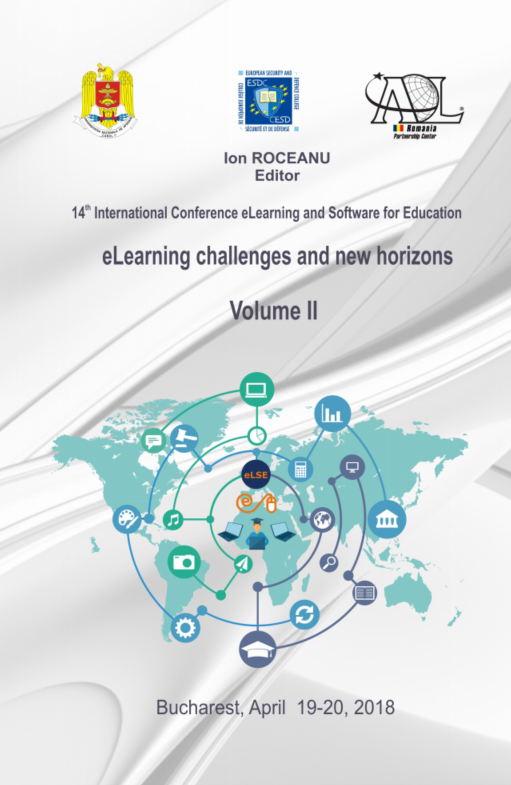Platform for Informal Education and Social Networking to Increase Awareness Regarding Nuclear Vulnerabilities
Platform for Informal Education and Social Networking to Increase Awareness Regarding Nuclear Vulnerabilities
Author(s): Adriana Olteanu, Marian LACATUSU, Anca Ioniţă, Florin LacatusuSubject(s): Social Sciences, Education
Published by: Carol I National Defence University Publishing House
Keywords: Industrial hazards; Social media; Education and awareness; Warning platforms;
Summary/Abstract: For the last ten years, social networking sites have experienced an extraordinary adoption rate, becoming for many people a way to spend their free time. This trend grew out of their desire to be informed and connected to each other, and it developed into the use of social media for transmitting news and for communicating in case of critical events. This background leads to the idea that social networking may be exploited with respect to various vulnerabilities that currently preoccupy people around the globe. The platform presented in this paper concerns the nuclear vulnerabilities, which are of increasing interest due to our geolocation and to the international context. As it is a proof of concept, the implementation does not use consecrated socializing social network services, but it leans on an open source engine that is integrated in a multiple-node architecture. Consequently, when information reaches a node, it is subsequently sent to the entire network. The domain specific content was created based on documentation elaborated by specialists in nuclear physics and engineering, within a national research project for monitoring vulnerabilities induced in environment, infrastructure, and population, by nuclear facilities. Thus, authenticated users can gain knowledge and discuss on this topic of great importance. Beyond simple posts and comments, the platform also has the role to provide informal education and awareness regarding new and historical events, as well as recommended procedures for prevention and emergency response. So far, the work focused on the technical aspects, and the functionality is accessible through a web portal and an Android application. Future work will investigate the potential impact of the educational and collaborative components to various audiences.
Journal: Conference proceedings of »eLearning and Software for Education« (eLSE)
- Issue Year: 14/2018
- Issue No: 02
- Page Range: 333-340
- Page Count: 8
- Language: English

